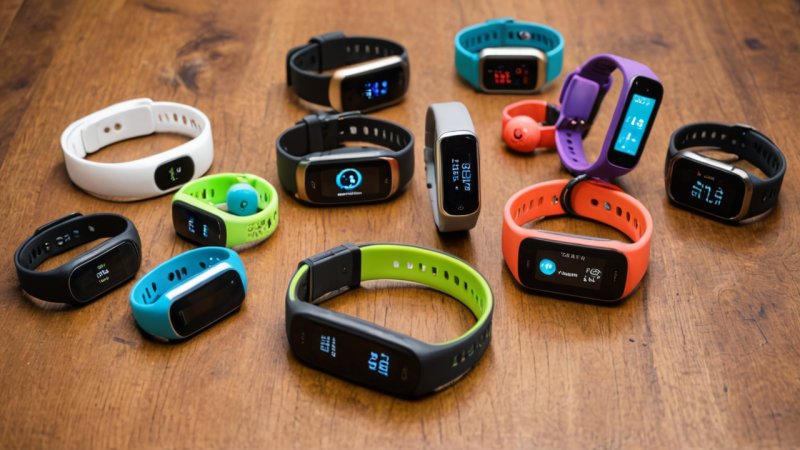What is a fitness tracker?
A fitness tracker is a wearable device designed to monitor and record various physical activities such as steps taken, heart rate, calories burned, and even sleep patterns. These devices help users keep track of their fitness levels and encourage a healthier lifestyle.
How do fitness trackers measure accuracy?
Fitness trackers use a combination of sensors and algorithms to measure various metrics. Common methods of measurement include:
- Accelerometers: Measure movement and can track steps or activity intensity.
- Heart Rate Monitors: Use optical sensors to detect blood flow and calculate heart rate.
- GPS: Tracks distance and speed by measuring location over time.
Are fitness trackers accurate?
The accuracy of fitness trackers can vary significantly based on the device and the metric being measured. Generally, most trackers provide a good estimate but may not always be 100% precise. For example:
- Step counting is generally reliable, although some devices may overestimate.
- Heart rate monitoring is generally accurate during steady-state activities but may vary during high-intensity workouts.
- GPS tracking can be affected by environmental factors like buildings or trees.
What factors can affect the accuracy of fitness trackers?
Several factors can influence the accuracy of fitness trackers, including:
- Device Placement: Wearing the device too loosely or in the wrong position can lead to inaccurate readings.
- Body Composition: Differences in skin tone, body fat percentage, and muscle mass can affect sensor performance.
- Environmental Conditions: Factors like temperature and humidity can impact sensor efficiency.
How can I improve the accuracy of my fitness tracker?
To enhance the accuracy of your fitness tracker:
- Wear It Correctly: Ensure the device fits snugly on your wrist and is positioned correctly.
- Calibrate the Device: Many devices allow you to calibrate settings based on your personal information.
- Update Software: Regularly check for updates to ensure your device has the latest features and improvements.
Can I rely on fitness trackers for health monitoring?
While fitness trackers can provide valuable insights into your physical activity and overall health, they should not be used as a substitute for professional medical advice. They are best used as a tool to complement your fitness journey rather than the sole source of health monitoring.
What are some popular fitness tracker brands?
Some of the most popular fitness tracker brands include:
- Fitbit: Known for its user-friendly interface and comprehensive tracking features.
- Garmin: Offers advanced features suited for serious athletes.
- Apple Watch: Combines fitness tracking with smartwatch capabilities.
- Xiaomi: Provides affordable options with decent tracking accuracy.
Are there any disadvantages to using fitness trackers?
While fitness trackers have many benefits, they also have some disadvantages:
- Battery Life: Frequent charging may be necessary, depending on the device.
- Data Overload: With too much data, it can be overwhelming for users to understand their fitness metrics.
- Cost: High-quality trackers can be expensive, and some may not justify the cost for casual users.
What should I look for when choosing a fitness tracker?
When selecting a fitness tracker, consider the following features:
- Activity Tracking: Ensure it tracks activities that are relevant to you.
- Heart Rate Monitoring: Look for reliable heart rate sensors if that’s important for your workouts.
- Battery Life: Choose a device with a battery life that suits your lifestyle.
- Compatibility: Ensure it syncs well with your smartphone or other devices.
In conclusion, fitness trackers can be a valuable tool in your fitness journey, providing insights into your activity levels and overall health. While they are not infallible, understanding their capabilities and limitations can help you make the most of these devices. Choose one that fits your needs and enjoy tracking your progress!






